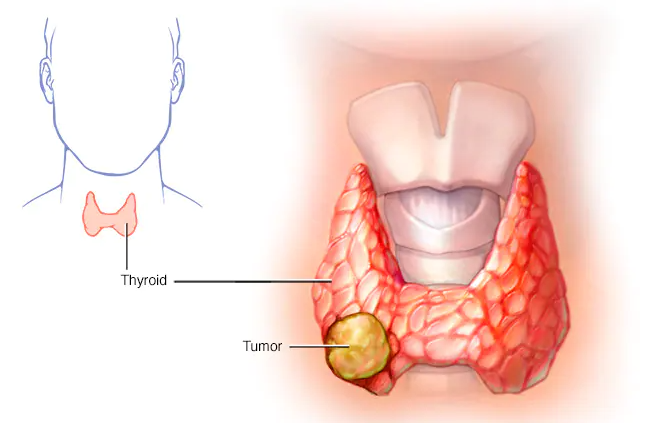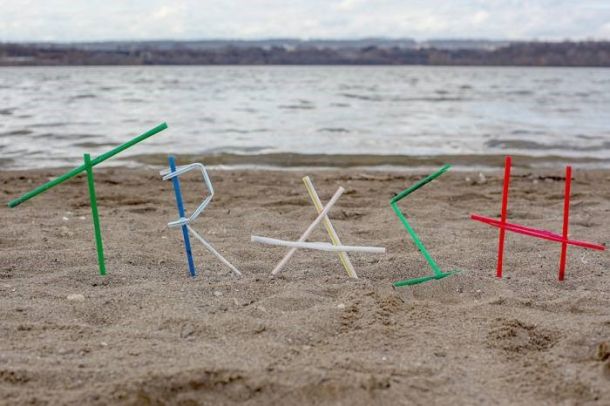Life and Chemistry Office
En stoemelings?
Slechts enkele dagen geleden heeft de Europese Commissie (EC) beslist het gebruik van een aantal bestrijdingsmiddelen langer toe te staan. Die beslissing werd genomen in een “oorverdovende” stilte; de uitvoeringsverordening (EU) 2023/175…
Remplacer un contaminant par un autre n’est pas une bonne idée
Le plastique à usage unique était, et est toujours, trop souvent rejeté dans la nature. Les sacs en plastique simples et bon marché, les cotons-tiges, les bouteilles de sodas, les gobelets et pailles en plastique et plusieurs autres obje…
Possibilisme is allesbehalve naief
Tijdens het BBC-programma Today van vrijdag 21 juli gaf prof. em. Bob Watson onomwonden te kennen dat hij pessimistisch is. De deelnemers aan de VN-conferentie van 2015 in Parijs beslisten dat de temperatuurstijging ten gevolge van de kl…
20/06/2023 | Le vieillissement est un processus universel et inévitable ; nous vieillissons d’un an chaque année, nous ne rajeunissons jamais d’un an. Le vieillissement entraîne le déclin de certaines fonctions des organes et augmente le risque de ma… | Lees meer | 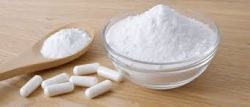
|
23/05/2023 | Het klinkt wat vreemd, maar er verschijnen de laatste tijd nogal wat publicaties over “communicerende” planten. De Duitse boswachter en auteur Peter Wohlleben (2018) verdient het ongetwijfeld hier te worden vermeld. Hij oogstte trouwens … | Lees meer | 
|
27/04/2023 | Thomas Malthus a suscité un vif débat au dix-neuvième siècle. Le piège malthusien soutient que, à mesure que la population augmente, le monde ne pourrait pas soutenir la production agricole pour nourrir une population croissante. À la ba… | Lees meer | 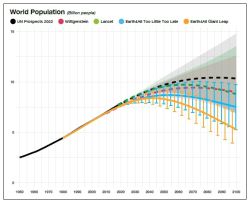
|
24/02/2023 | Afin de stimuler une habitude alimentaire plus durable, une équipe scientifique de la Johns Hopkins Bloomberg School of Public Health a examiné les effets d’étiquettes climato-négatives et -positives sur le choix alimentaire des particip… | Lees meer | 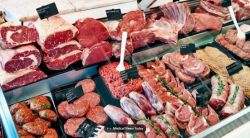
|
01/02/2023 | Recent werd reeds herhaaldelijk aangetoond dat er ontzettend veel nano- en microplastics op de planeet Aarde rondslingeren. Wetenschapsmensen “zagen” piepkleine stukjes plastic op de diepste bodems van de oceaani en op de hoogste bergtop… | Lees meer | 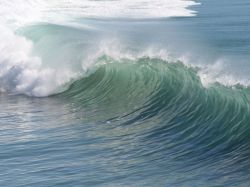
|
18/12/2022 | L’étude POLLINIS – Parmi les résultats de l’analyse de 44 échantillons de cheveux prélevés auprès de membres du Parlement européen, de quelques scientifiques et journalistes (POLLINIS 2022), deux statistiques surprenantes sautent aux yeu… | Lees meer | 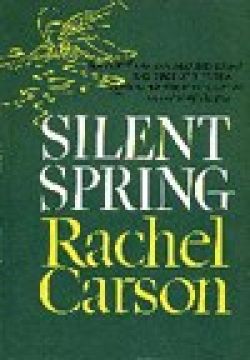
|
24/11/2022 | Certains pensent que la fonte des glaciers et du permafrost mènera à de nouvelles pandémies,
parce que la glace fondante libère des vieux microbes inconnus. Ainsi, le changement climatique
déplacerait l’aire de répartition de certains ve… | Lees meer | 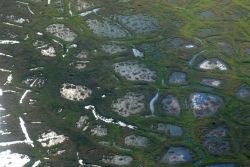
|
02/11/2022 | Les micro et nano plastiques (MNP) sont des polluants émergents ; aujourd’hui leur ubiquité est devenue un problème planétaire. En raison de leur longévité, de leur faible densité et de leur petite taille, les MNP peuvent être transporté… | Lees meer | 
|
22/09/2022 | Volgens het KMI waren de lente en de zomer van 2022 kurkdroog en bloedheet. De maand mei was de droogste maand sedert 1833 en bovendien kreeg Europa, en niet enkel maar Europa, af te rekenen met ongebruikelijke hittegolven. De hemelsluiz… | Lees meer | 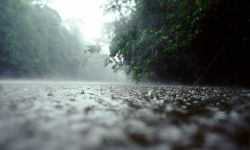
|
12/04/2022 | Deze bijdrage is grotendeels geïnspireerd door een recent hoofdartikel in het algemeen medisch weekblad, The Lancet. Onze overconsumptie en afhankelijkheid van fossiele brandstoffen moeten worden ingeperkt, zoniet zal de klimaatswijzigin… | Lees meer | 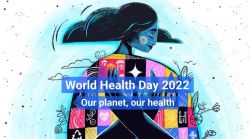
|
